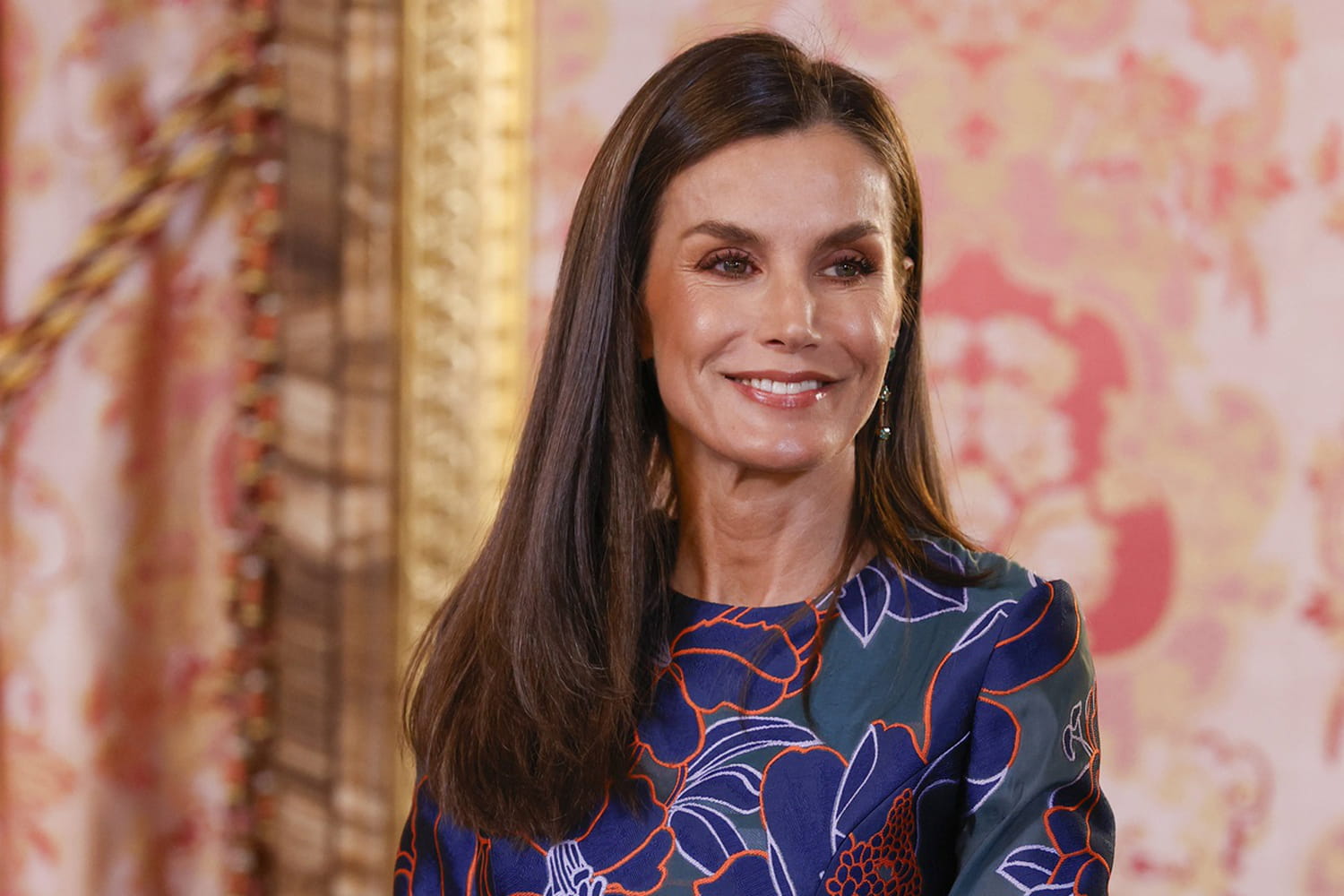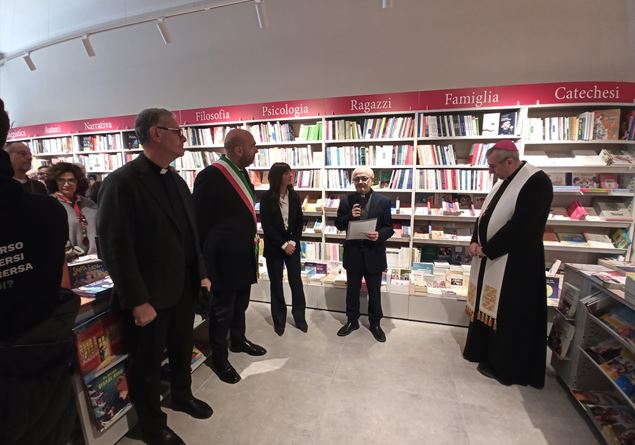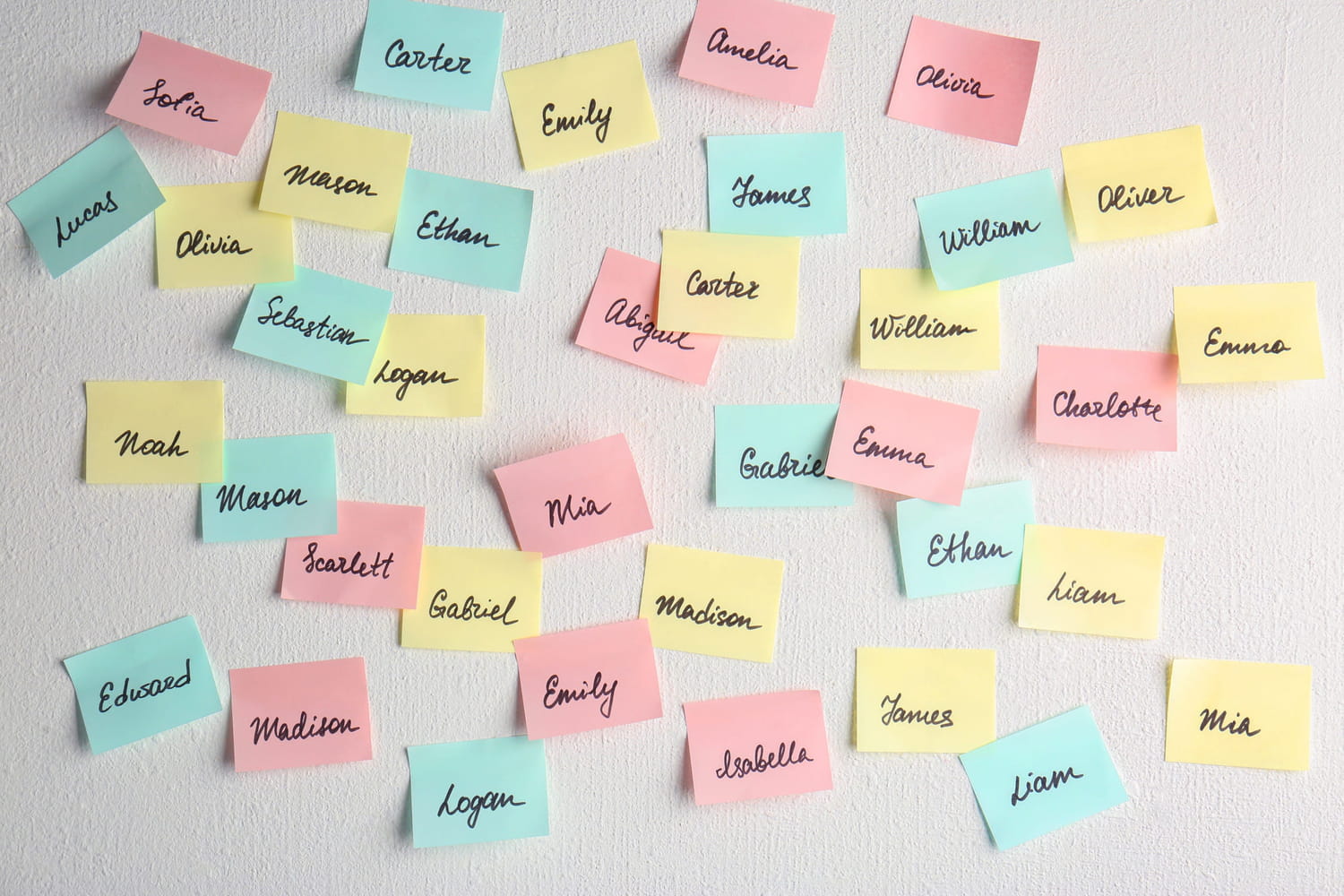Some countries leave parents almost carte blanche to choose the first name of their child. Others, on the other hand, pose strict limits, sometimes going so far as to draw up an official list of thousands of authorized first names. Guess where future parents should bend to this astonishing rule?
In France, the civil status officer can refuse a first name if he believes that he is harming the interest of the child. In recent years, some parents have been banned from Nutella, Strawberry, MJ or Mini-Cooper. In these cases, the court decides and attributes another first name deemed more in line. The objective is to prevent the child from growing up with a source of mockery or embarrassment. A similar rule exists in many countries where public authority reserves the right to block the first names deemed offensive, fanciful or too original.
Other countries go further and do not wait for parents to try eccentricities. They set a list of authorized first names in which must be drawn. This list has approximately 41,000 first names, identified and approved by the authorities. It includes male, female and unisex names. Families must therefore choose from this repertoire already validated by the administration, which limits disputes and standardized practices. Impossible to improvise or invent: if the dreamed first name is not on the list, it is prohibited.
This strict system is in effect in Denmark. In this Nordic country, parents have a catalog of around 22,000 female first names, 18,000 male and 1,000 neutral. There are classics like Emma, Lucas or Clara, but also more local names such as Freja, Mikkel or Søren. If a desired first name is there, parents must submit a special request. It is then examined by a committee which checks whether the first name meets the linguistic, cultural and social criteria. Each year, several hundred new proposals are submitted, but not all of them pass the selection.
► See the list of Scandinavian first names
Other countries also apply strict rules. In Iceland, for example, a name committee rules on requests. The first name chosen must respect the Icelandic grammar, use letters from the local alphabet and not put the child in social difficulty. Famous cases have been debated, like that of Blaer, a female name long refused before being finally validated. Sweden, New Zealand, Germany and Japan have also established safeguards, sometimes with official lists, sometimes via courts. Everywhere, the justification remains the same: protect the child from the excess of imagination of his parents.







